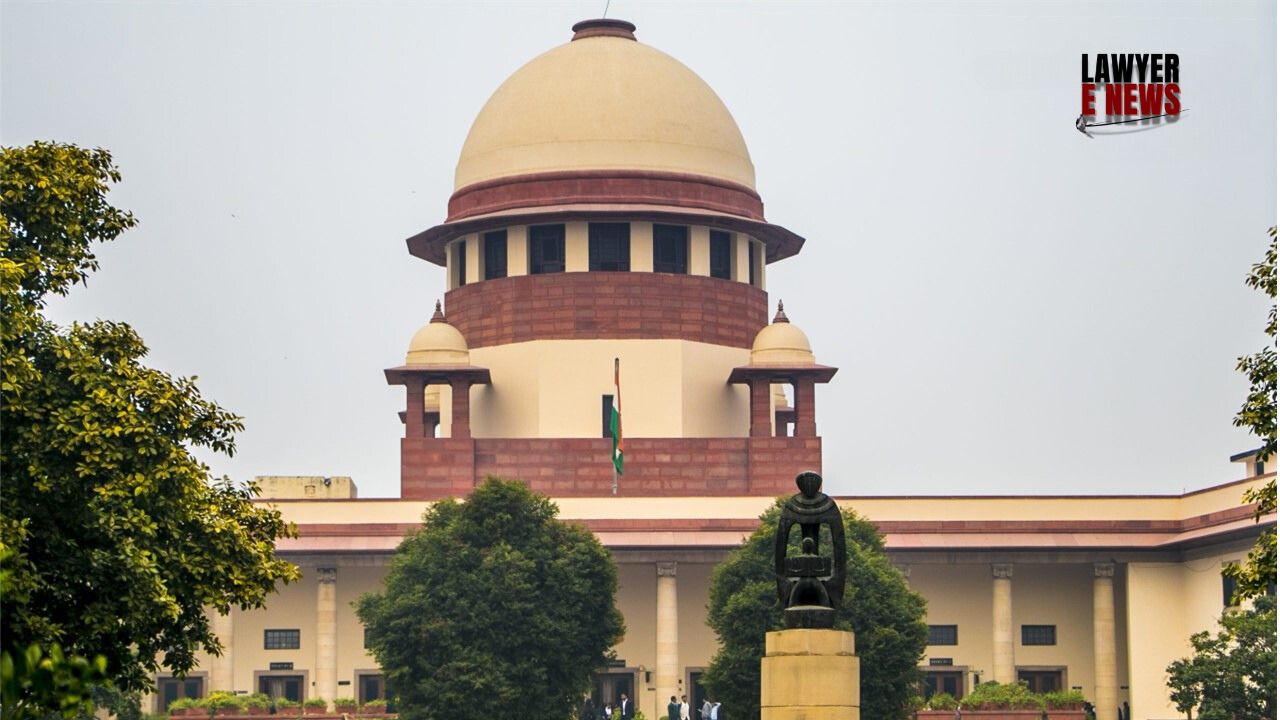-
by Admin
15 February 2026 5:35 AM



Supreme Court of India in Neha Begum & Ors. v. The State of Assam & Anr., Special Leave to Appeal (Criminal) No. 3910 of 2024, dismissed a petition challenging the rejection of an application to recall and re-examine several prosecution witnesses. The petitioners, facing trial under Section 302 read with Section 34 IPC, sought to recall witnesses under Section 311 of the Code of Criminal Procedure (CrPC), claiming that their former counsel did not adequately cross-examine them. The Court ruled that the discretionary power under Section 311 CrPC should not be invoked based on vague and unsubstantiated claims, and dismissed the petition.
The petitioners are facing trial for murder charges under Section 302 read with Section 34 of the Indian Penal Code (IPC) before the Sessions Judge, Dibrugarh, Assam. The trial had progressed substantially when the petitioners filed an application under Section 231(2) CrPC read with Section 311 CrPC, seeking to recall and re-examine prosecution witnesses PW-1, PW-2, PW-3, PW-6, PW-7, and PW-8. They argued that their previous lawyer had not conducted a proper cross-examination, and hence, a re-examination was necessary for the just decision of the case.
The trial court rejected the application, stating that no substantial reason was provided to justify recalling the witnesses. The Gauhati High Court affirmed this decision, leading to the present Special Leave Petition before the Supreme Court.
The petitioners invoked Section 311 CrPC, which gives courts the power to recall or summon witnesses at any stage of the trial if their testimony is deemed essential for a just decision. However, the Court emphasized that this power is discretionary and should be exercised only when it is essential to the just decision of the case, not merely to rectify an omission in the defense’s strategy. The Court stated:
"The first part of Section 311 gives a discretionary power to the Court to summon any person as a witness or to recall or re-examine the person already examined... if the Court is satisfied that the prayer is not made to fill in the lacuna and that non-summoning of the witnesses would cause serious prejudice to the accused." [Para 7]
The petitioners argued that the previous counsel had not properly cross-examined the witnesses, but the Court found this assertion vague and unsubstantiated. The Court held that such a broad claim, without specifying how the failure in cross-examination caused prejudice to the defense, was not enough to justify the recall of witnesses. It noted:
"Other than a vague aspersion that the erstwhile lawyer engaged by the petitioners did not conduct proper cross-examination of the witnesses, no specific ground was alluded to... which could be considered a valid ground for invoking the power under Section 311 CrPC." [Para 8]
The Court emphasized that the petitioners failed to show how the non-recall of witnesses would cause grave prejudice to their defense. The petition appeared to be an attempt to fill in gaps in the defense, which is not permissible under Section 311 CrPC. Citing the decision in Rajaram Prasad Yadav v. State of Bihar (2013) 4 SCC 461, the Court reiterated that the power under Section 311 CrPC should be exercised judiciously and not arbitrarily.
"The prayer made by the petitioners... was nothing but an attempt to fill in the lacuna. There is nothing on record to suggest that non-summoning of the witnesses for further cross-examination could cause grave prejudice to the accused." [Para 9]
The Supreme Court upheld the decisions of both the trial court and the Gauhati High Court, finding no infirmity in their orders. The petitioners' application under Section 311 CrPC was dismissed on the following grounds:
The vague contention that the previous lawyer did not properly cross-examine the witnesses was insufficient to justify recalling them.
The recall of witnesses was not essential for the just decision of the case, and the application appeared to be an attempt to fill in gaps in the defense.
The petitioners failed to demonstrate that grave prejudice would result if the witnesses were not recalled.
In light of these findings, the Court dismissed the Special Leave Petition, holding that there was no substantial prejudice to the petitioners.
"The impugned order does not suffer from any infirmity. Hence, the special leave petition being meritless is dismissed." [Para 10]
The Supreme Court’s decision reinforces the principle that the power under Section 311 CrPC to recall witnesses must be exercised judiciously and not on the basis of vague or unsubstantiated claims. The judgment underscores that courts must balance the need for a fair trial with the requirement to prevent misuse of the procedural provisions to fill in gaps in a party’s defense.
Date of Decision: September 2, 2024
Neha Begum & Ors. v. The State of Assam & Anr.
